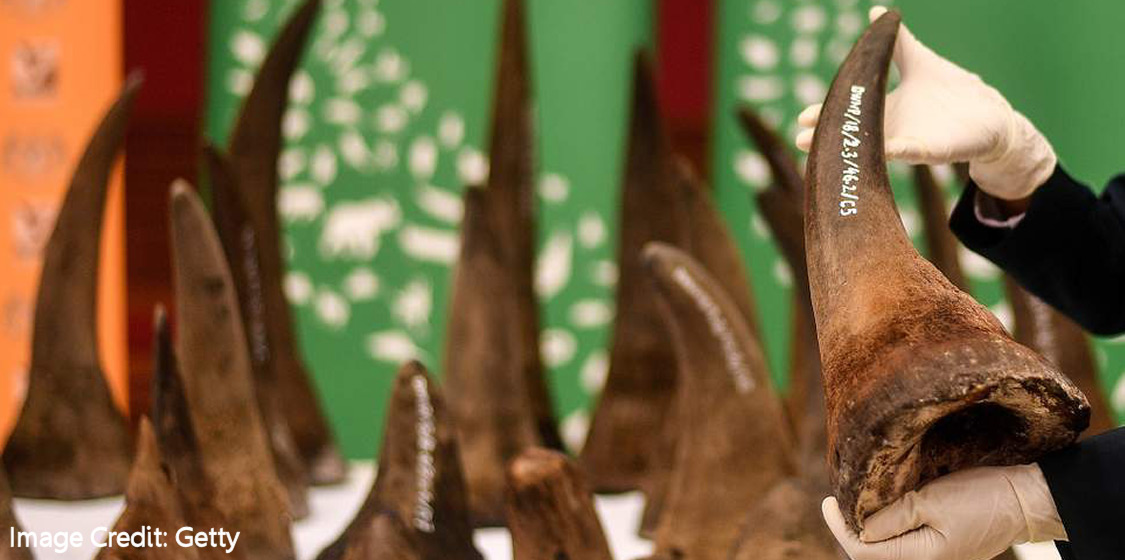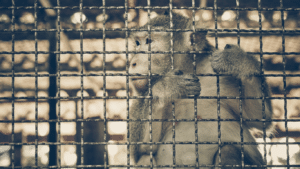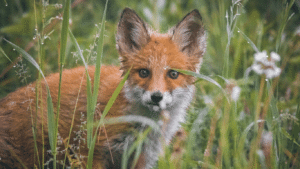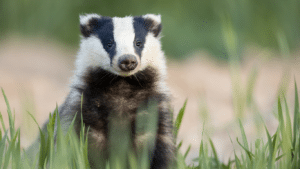As the coronavirus takes a massive toll on humanity, one would assume that humankind has learned their lesson and stopped using animal body parts like rhino horn in traditional Chinese medicine (TCM). If only that were true.
The London-based Environmental Investigation Agency (EIA), working to expose trade in illicit goods, has discovered images of the packaging of a product called Angong Niuhuang Wan that lists rhino horn as an active ingredient.
“The avalanche of false information stemming out of China that an animal’s horn made of nothing more than dead keratin cells can treat or cure a deadly virus, is playing with fire and could prove devastating for society as a whole,” said Nicolette Peters of ASI.
“China has taken one step forward and two steps backward when it comes to the fight against the novel coronavirus, which was first discovered in China, and rapidly spread around the globe. While they’ve banned wild meat and shut down wet markets and farms, the Chinese government has also been aggressively promoting traditional medicine as a cure for Covid-19. Spreading fake news is yet another indication that China is not taking this pandemic seriously.”
The world was slowly making a degree of progress in the fight to stop rhino poaching. Then came the virus. Covid-19 has resulted in increased poaching of African wildlife and a flood of products on social media promoting animal parts as remedies for treating the virus, such as the Angong Niuhuang Wan on WeChat.
Angong Niuhuang Wan is sold in the form of medicine ‘balls’ made up of a combination of mineral, herbal, and animal ingredients and is used to reduce fever. One of the sellers is based in China and has a long history of offering tiger, elephant, helmeted hornbill, rhino, and other illegal wildlife for sale via WeChat. Another is a Chinese-owned company with multiple retail outlets in the Laotian capital Vientiane selling tiger, elephant, bear, rhino and other wildlife parts and derivatives. Some items are sold openly and others under-the-counter, while the company WeChat account is full of illegal wildlife for sale.
“China has signed the Convention on International Trade in Endangered Species (CITES), under which international commercial trade in rhino products is banned, so imports and exports of any rhino horn product are illegal,” said Peters. “We all know rhinos are on the brink of extinction and spreading fake rumors that rhino horn can now also cure the coronavirus could prove to be the final nail in the coffin.”
The unfounded belief that an animal’s horn comprised of the same type of protein that makes up hair and fingernails has magical healing properties has fuelled the brazen slaying of thousands of endangered rhino.
South Africa, Zimbabwe, Zambia, Kenya, and Tanzania have struggled for decades to control the poaching of rhino horns to feed demand in China and Southeast Asia. South Africa, home to 80% of the world's rhinos, has been hardest hit by rhino poaching, with more than 1,000 killed each year between 2013 and 2017.
Poaching of both black and white rhino has risen at an alarming rate in Botswana with nearly 50 rhinos killed - three in the space of two weeks in June. A report released by the Netherlands-based Wildlife Justice Commission states that large quantities of ivory are being stockpiled in Laos, Vietnam, and Cambodia, which are often the entry points for the Chinese market.
Despite lockdowns in place, flights canceled and movement restricted, shifting significant volumes of rhino horn has far from stopped. Authorities confirm that shipments are still moving because although human travel has stopped, the shipping companies are still operating.
All wildlife by-products pose human health risks, regardless of whether the animals are bred for meat or poached for traditional medicine. The magnitude of the current coronavirus outbreak places an intensified spotlight on the human health risks linked to wild animal trade.
“Despite the clear imperative for action provided by the tragic impacts of the Covid-19 pandemic, China remains a primary consumer of parts and products of rhinos, big cats, pangolins, and several other species. To tackle this demand, China’s policy changes need to include a comprehensive, permanent ban on the use of parts and products of wildlife threatened by trade,” concluded Peters.




